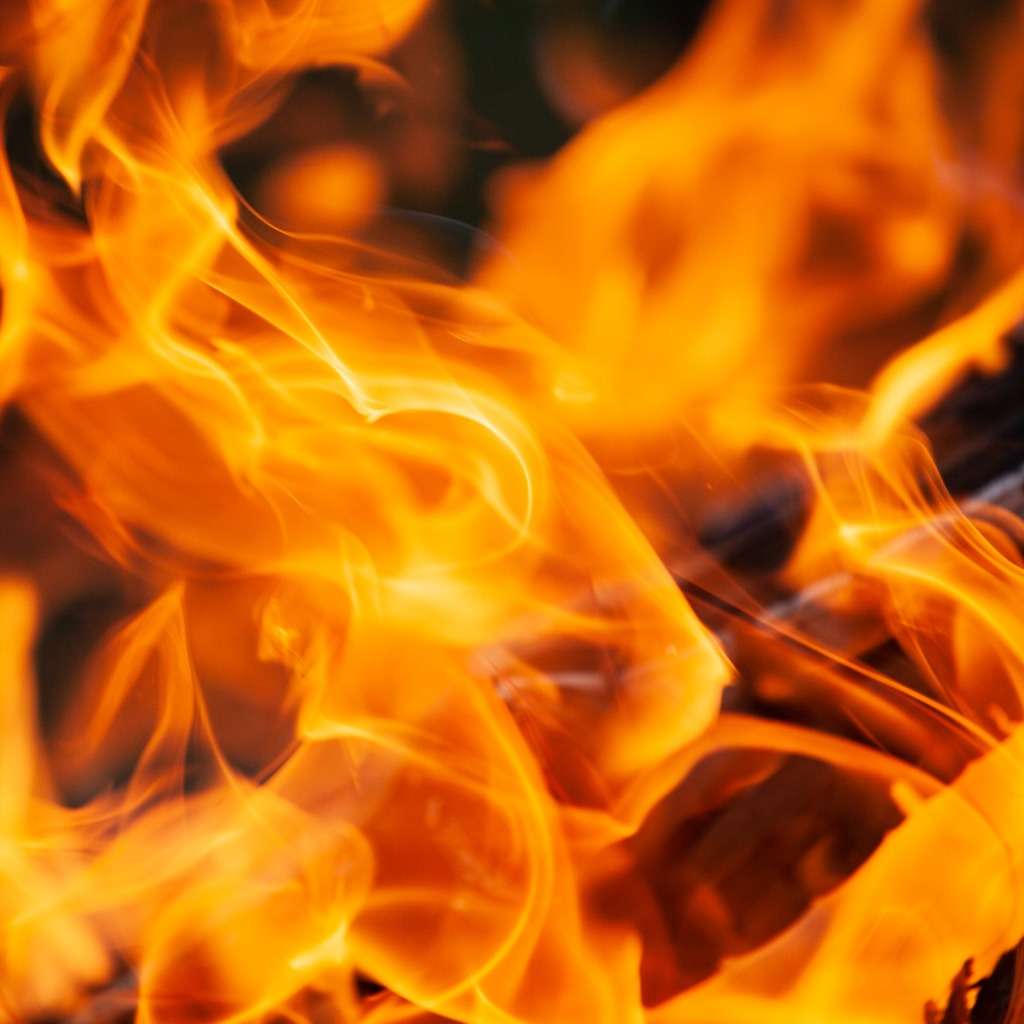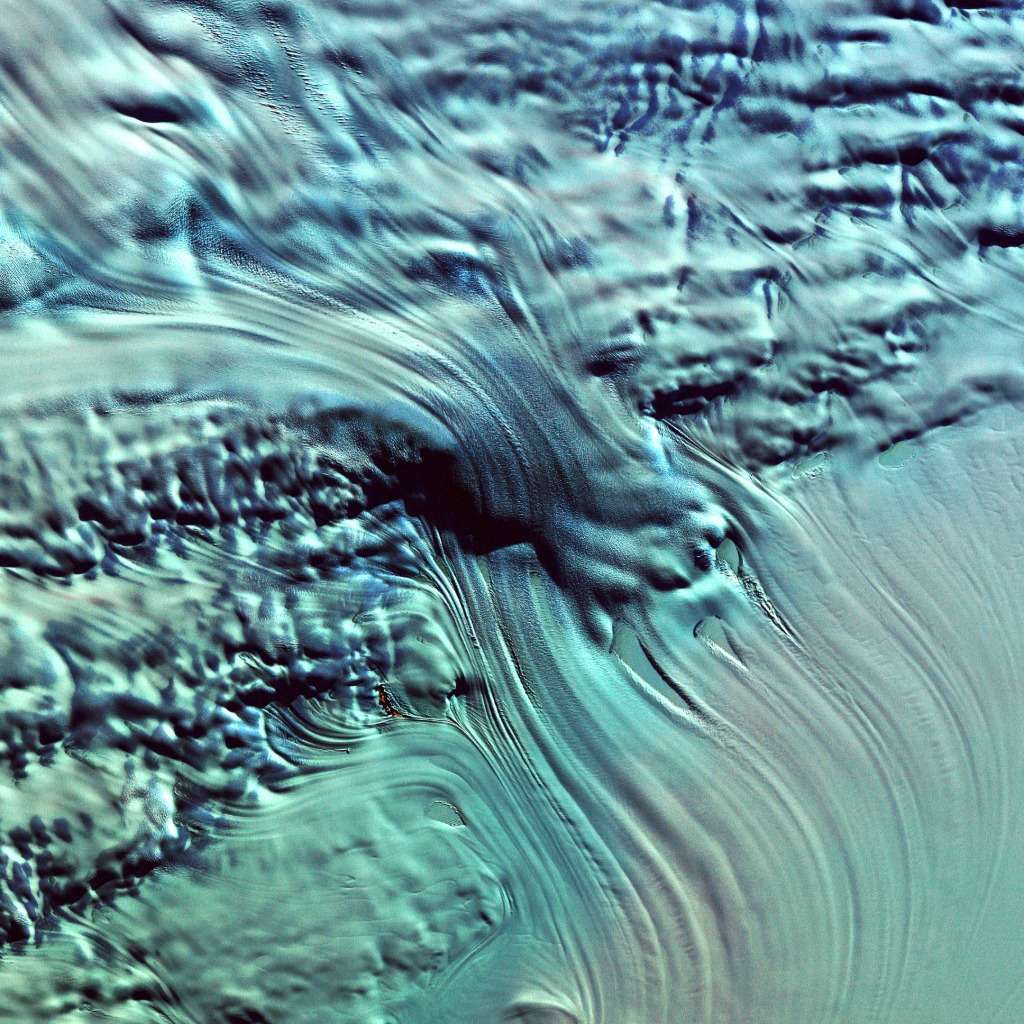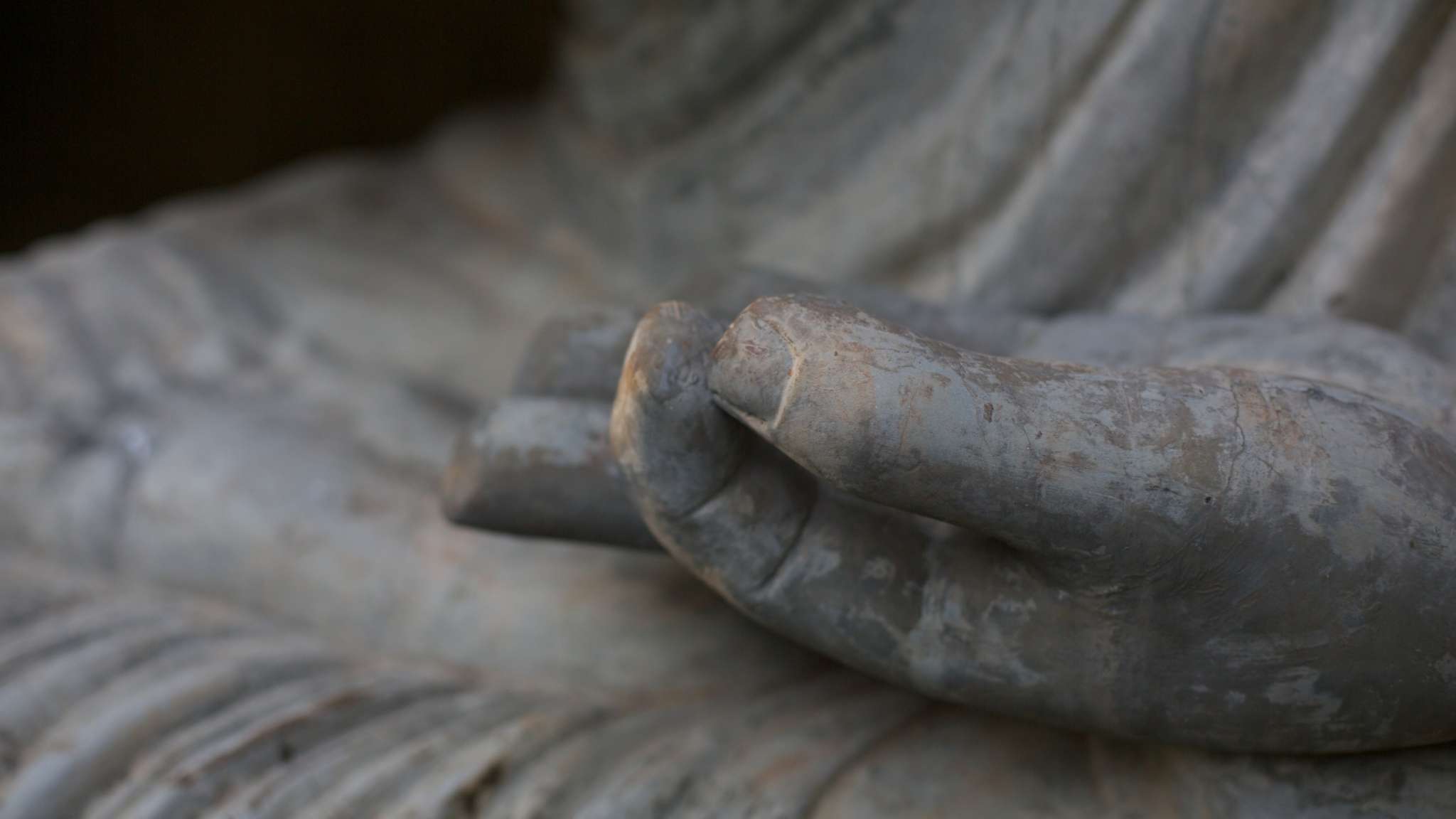What is Ayurveda
Ayurveda is an ancient healthcare tradition that originated in India over 5,000 years ago. Made up of the Sanskrit words ‘ayus’ (meaning life – comprising the mind, body, sense and soul) and ‘veda’ (meaning ‘knowledge’ or ‘science’), Ayurveda is literally translated as ‘the science of life’. This medical system uses the inherent principles of nature to help maintain health in a person by keeping the individual’s body, mind and spirit in perfect equilibrium with nature.
Ayurveda is based on the premise that the universe is made up of five elements; earth, water, fire, air and ether (space). These elements are represented in humans by three ‘doshas’, or energies; Vata, Pitta and Kapha. When any of the doshas accumulate in the body beyond the desirable limit, the body loses balance. Each individual has a distinct balance, or ‘prakriti’, and our health and wellbeing depend on keeping the right balance of these three doshas. Ayurveda determines specific lifestyle and nutritional guidelines to help individuals reduce the excess dosha and to find harmony for the mind, body and spirit.
DOSHAS
Each individual is made up of the three doshas (below), but in different proportions – most people will have one or two that predominate. Factors such as stress, unhealthy diet, weather and personal relationships can influence the balance that exists between a person’s doshas. These inbalanced energies can leave individuals more susceptible to disease and poor health.

Vata
Vata energy is associated with air and ether (space) elements, and is generally seen as ‘the force’ that directs bodily movement, respiration, blood circulation, nervous system activity, digestion and elimination.
Pitta
Pitta energy is the combination of fire and water elements – the transformational energy, or heat, that governs metabolism and the endocrine systems. The balance of digestions, thirst and hunger are all controlled by pitta.

